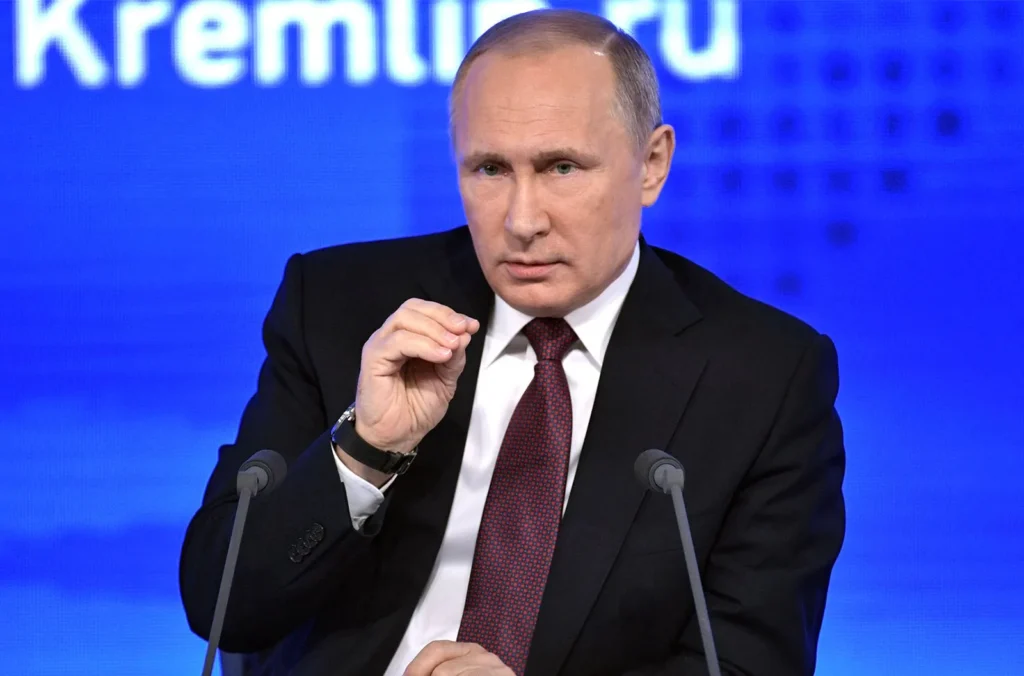
Israel Launches Airstrikes on Iran Amid Nuclear Fears and Rising Tensions
In a dramatic escalation of regional tensions, Israeli forces carried out a series of airstrikes inside Iran early Friday morning, June 13, 2025. Reports from Iranian media confirmed explosions were heard in Tehran, while Israeli officials revealed the operation was aimed at disabling military and nuclear infrastructure.
Strategic Timing and Motive
The strikes come at a critical juncture, as the U.S. intensifies efforts to convince Tehran to halt uranium enrichment. According to Israeli military sources, Iran may have stockpiled enough enriched uranium to assemble up to 15 nuclear warheads—potentially within a matter of days. The Israeli government said it acted to prevent what it described as an “imminent threat.”
Prime Minister Benjamin Netanyahu reportedly reached out to global leaders, including India’s PM Narendra Modi, to explain the rationale behind the strikes and affirm Israel’s commitment to preventing nuclear escalation in the region.
Targets and Military Action
Israeli Defense Forces stated they had targeted “dozens” of key installations, including suspected enrichment facilities and sites operated by Iran’s Revolutionary Guards. Though specific coordinates were not disclosed, analysts believe the strikes focused on central and western Iran—regions known for their nuclear infrastructure.
The operation was conducted using precision air-to-surface missiles and electronic warfare to suppress Iranian air defenses. Military experts believe this was a high-risk, high-impact campaign designed to delay Iran’s nuclear momentum without triggering full-scale war.
Iran’s Reaction and Possible Retaliation
Iran has acknowledged the strikes and the resulting blasts in its capital, but has yet to release details on casualties or damage. Government spokespersons condemned the attack, calling it a clear violation of Iranian sovereignty. A formal response is expected, though Tehran may opt for indirect retaliation—possibly through allied militias in the region or via cyber capabilities.
In anticipation of a counterstrike, Israel declared a national state of emergency. Civil defense alerts have been issued, and missile defense systems, including the Iron Dome, are on full operational readiness.
International Concerns
The global response has been cautious but concerned. While some countries backed Israel’s right to defend itself, others urged restraint. The United Nations is expected to convene for an emergency session to address the growing crisis.
Meanwhile, Washington remains in close contact with both sides. U.S. officials reiterated the need for diplomatic channels to remain open, even as they acknowledged Israel’s concerns over Iran’s nuclear ambitions.
What Lies Ahead
The coming days will be critical. The region stands at a crossroads—one path leads to deeper conflict, the other to tense but necessary dialogue. Much will depend on how Tehran chooses to respond, and whether global powers can intervene fast enough to de-escalate.
